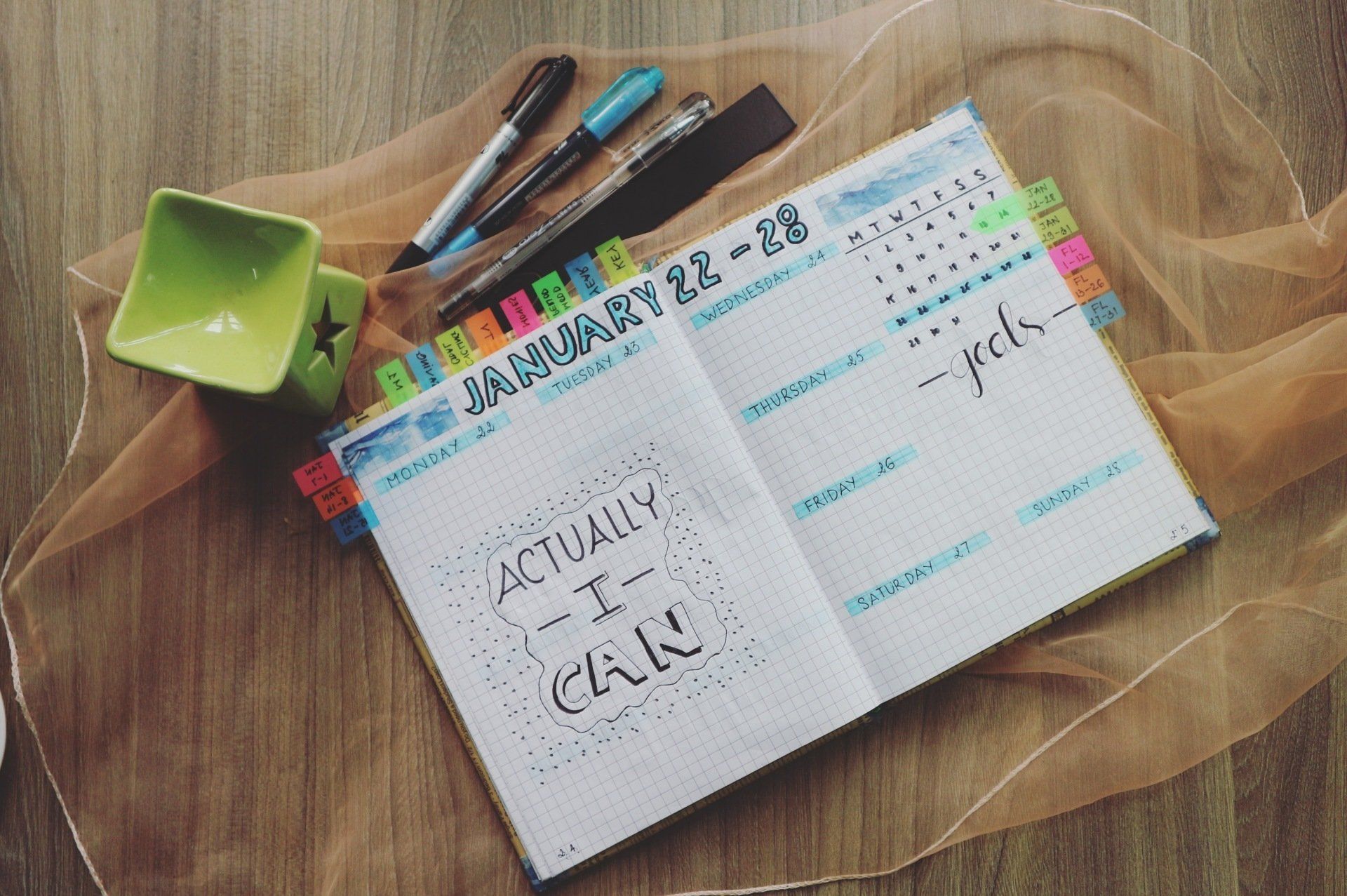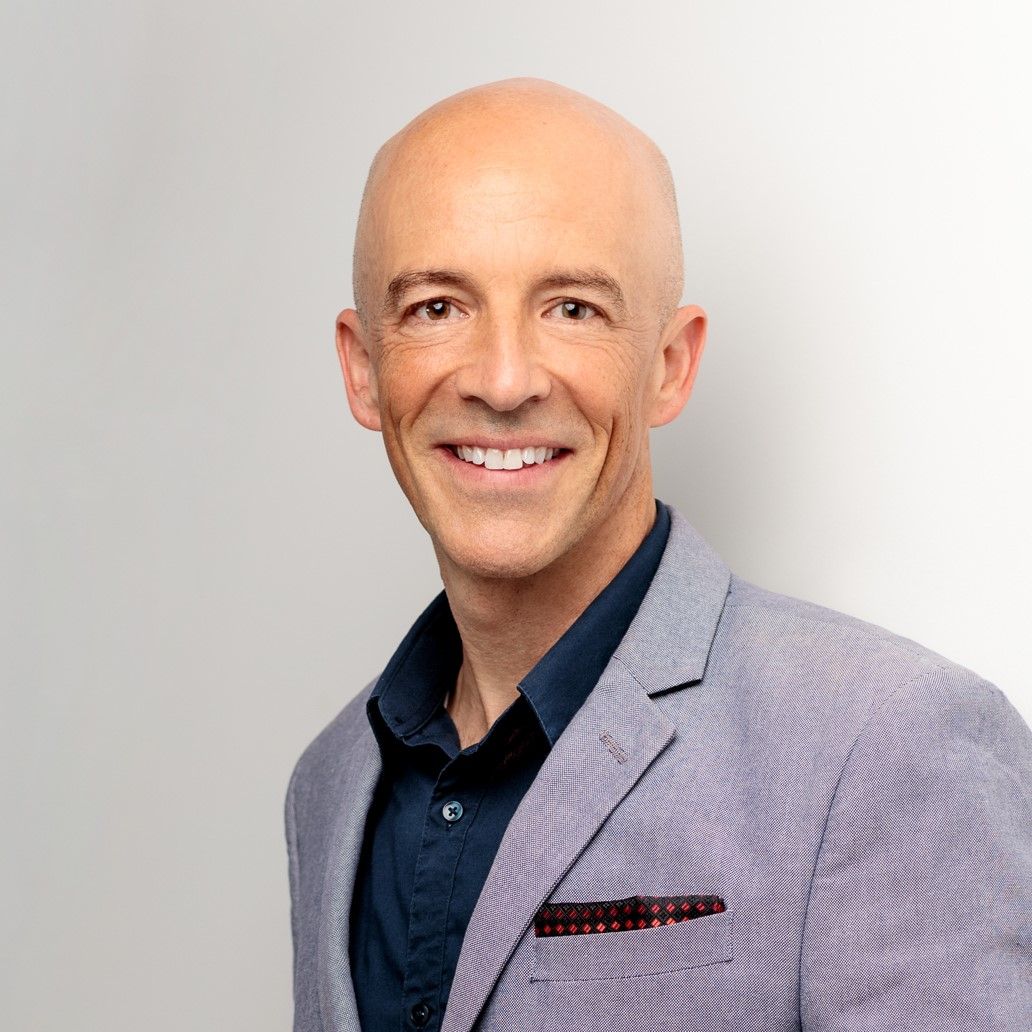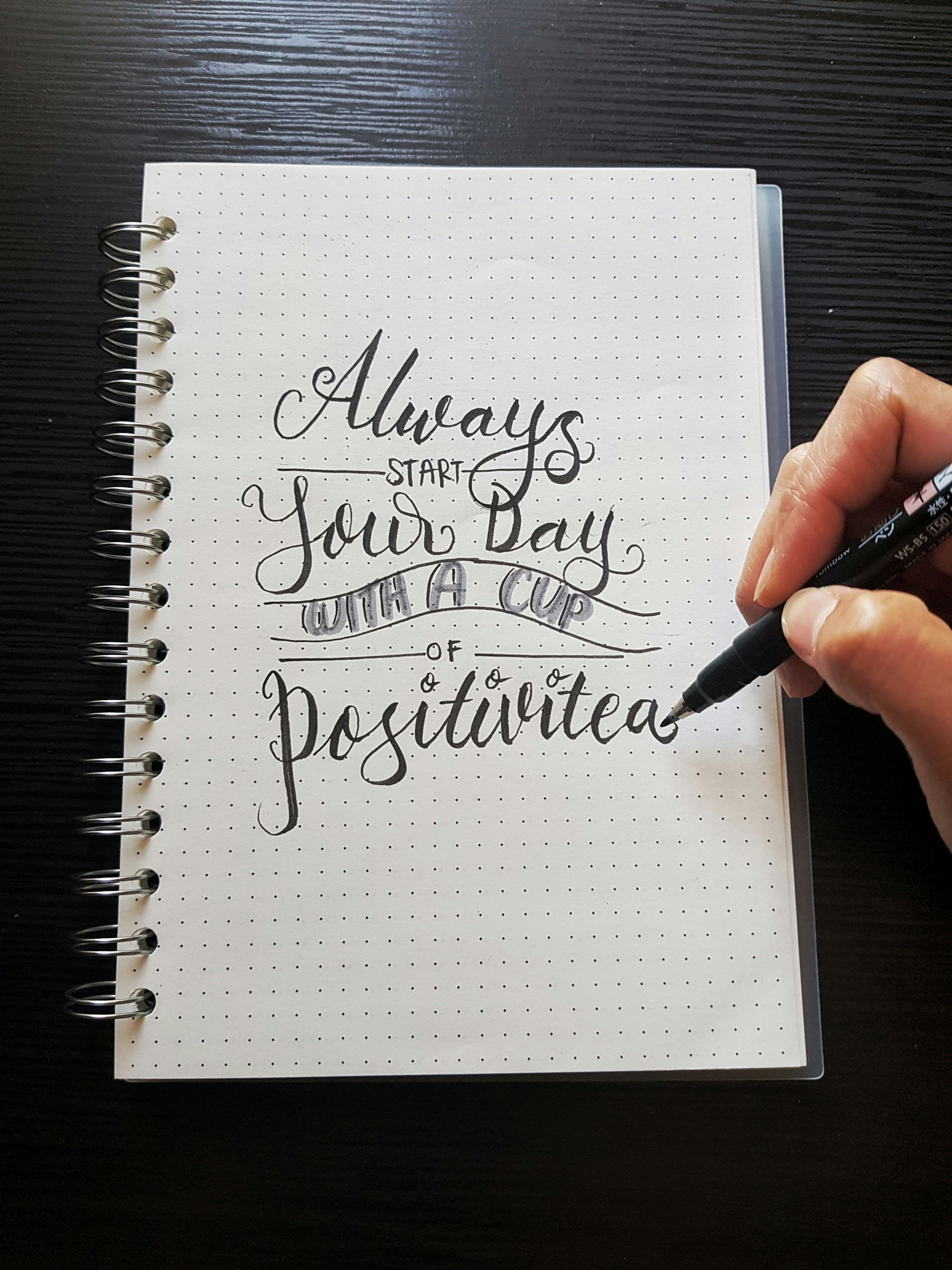Michael Ceely is a licensed psychotherapist, serving clients online in Florida, California, and Wisconsin. Michael’s areas of expertise include anxiety, career counseling, and mental performance coaching for athletes.
How to Reprogram Your Brain for Better Habits
Want better habits? It's less about willpower and more about patience and persistence.

Have you been trying add things to your life that you know are good for you, but find yourself defaulting to old habits, and falling right back into the same old groove?
You’re not alone. Change is difficult. In this post, you’ll learn why it’s hard to create new habits. I’ll also give you some strategies on how to create new habits and how to make them stick. Sound good? Read on…
Watch the Video
How Your Brain Automates Habits
Let’s start with some basics on how your brain works. Essentially, your brain is a supercomputer. It likes to automate things and be as efficient as possible.
Think about this: the last time you were driving, do you remember every detail on the road, every cross street, everything that happened on that drive? Probably not. Why is that? Because your brain has automated the process of driving.
When you first learned to drive, were you hyper aware of where the brakes were, where the steering was, and what was going on around you? Of course you were. That was your conscious mind training the rest of the brain, the deeper unconscious brain, how to run a program.
So the brain's goal is to make things as efficient as possible and create a program that runs in the background so you don't have to keep learning how to drive every time you step into a car.
Okay, so this is the phenomenon. You have a lifetime of habits and programming that are running in the background on autopilot. If you want to create a new habit, you'll have to override the old programming.

How to Start a New Habit
Because your habits are on autopilot, please understand that you can't just will new habits into existence in a few days.
For example, you might want to start a new habit of waking up early and exercising. And let’s say you're about a week in, and you skip a couple of days. You might say, “I just can't do this. It’s is too tough.”
Well, here's the thing: It's not “you” that is trying to make the change, it’s your brain. And your brain has not yet created the automatic program of “morning exercise.” One week is not enough to install a new habit.
In fact, there's a study from University College of London that suggests you need at least two months to make a habit automatic.
Okay, so if it takes two months to automate a habit, that means you need to practice your new habit as much as possible for two months. Even if you skip a few days of morning exercise, you just need to keep at it for two months.
And then what happens is your brain automates morning exercise as a habit. Your brain says to itself, “Oh, I guess this is what we do now” and suddenly it’s easier to exercise than to not.

Add Habits Gradually
So if you want to exercise more, get better sleep, or start any kind of healthy new habit, you need to add them slowly. While you may want to “revolutionize” your life, understand that your brain may try to derail your best intentions. Why?
Well, when you add a whole bunch of new great stuff into your life at once, your old programming may rebel against your new habits.
I know this sounds crazy, but it's true. Remember, your brain's job is to be as efficient as possible and automate things. So, if things in your life are basically “good enough,” your brain says, “Dude, why are you giving me all these changes? I already automated your life.”
Understand that when you add new habits to your life you need to do it slowly so you don't overwhelm your brain.
I encourage you to make a list of healthy new habits, and then gradually introduce them into your routine one by one, spaced out over time, with the understanding that each habit takes about two months to become automatic.
Subtract Bad Habits From Your Life
Besides adding new healthy habits to your life, you can also start subtracting the bad habits. The two-month rule applies here as well.
Say you want to quit smoking, reduce drinking, stop doom-scrolling, etc. Understand that it will take about two months for your cravings to go away.
So think of two months like the sound barrier. Things are shaky and wobbly as you approach the barrier. You’ll have setbacks, feel demoralized, but then your reprogramming efforts will pay off.
One of the best habits to drop is watching the news. Check out my video here on how to stop watching the news.

Be Patient and Persistent
In summary, you can make positive changes in your life. Do it gradually and allow time for your new habits to literally get wired into your brain.
So, it’s less about pure willpower and more about persistence. Be patient with yourself. Tell your brain that you're going to keep showing up and your new habits will become automatic.
Need help creating new habits? Learn more about my counseling services by scheduling a free phone consultation.
Michael Ceely, LMFT
Like this article? Share it with a friend.




